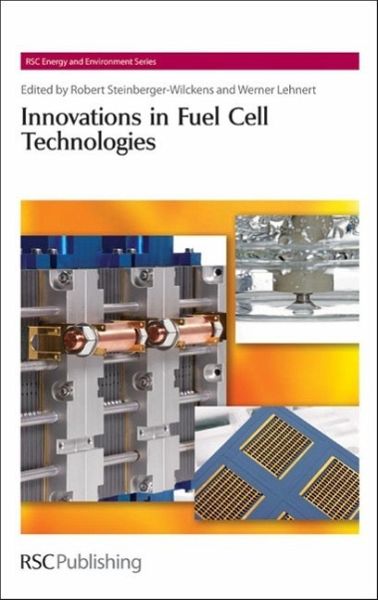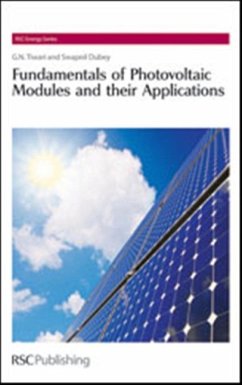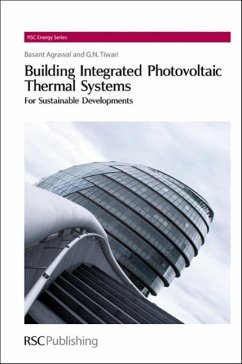
Innovations in Fuel Cell Technologies
Versandkostenfrei!
Versandfertig in über 4 Wochen
152,99 €
inkl. MwSt.

PAYBACK Punkte
76 °P sammeln!
Fuels Cells have evolved from an exotic technology only feasible under the constraints of space flight into a product addressing the 'everyman' consumer, although at first, in niche markets only. The considerable level of technological readiness that has been reached today finally gives rise to hopes that fuel cells will eventually make it to larger markets within the decade leading up to the year 2020. The potential in fuel cell technologies is tremendous and their commercial success is necessary in tailoring the worldwide energy supply systems towards efficiencies and emission levels that al...
Fuels Cells have evolved from an exotic technology only feasible under the constraints of space flight into a product addressing the 'everyman' consumer, although at first, in niche markets only. The considerable level of technological readiness that has been reached today finally gives rise to hopes that fuel cells will eventually make it to larger markets within the decade leading up to the year 2020. The potential in fuel cell technologies is tremendous and their commercial success is necessary in tailoring the worldwide energy supply systems towards efficiencies and emission levels that allow a long-term stable and sustainable development for the world economy and the environment. Innovations in Fuel Cell Technologies provides a state-of-the-art review on new fields of research that have high potential and interest for the fuel cell community. The main technology problems are discussed and current gaps to market success identified. The innovations covered in the book deliver new answers to pertinent problems and/or offer new opportunities, be it in operating conditions, application area, extension of lifetime, new fuels, exciting new diagnosis or analysis methods. Key issues discussed are the prospects for miniaturising fuel cells, high-temperature polymer membrane fuel cells and their application as an on-board electricity supply in large vehicles, non-standard fuels like pure carbon and the handling of fuel impurities, degradation issues and accelerated lifetime testing, the prospects of reversing the fuel cell reactions towards producing instead of consuming hydrogen and the pitfalls in bringing a technology from demonstration to technical maturity. Innovations in Fuel Cell Technologies directs the reader's attention to the developments of tomorrow. The chapters serve as an early warning to technology developers of the rewarding prospects on the horizon as well as orientation to students and young researchers in guiding their future studies.














